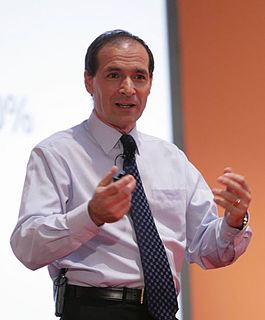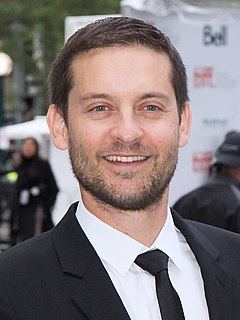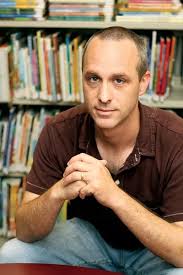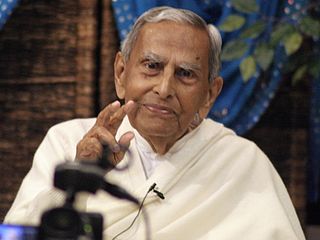A Quote by Thomas de Quincey
here was the secret of happiness, about which philosophers had disputed for so many ages, at once discovered; happiness might now be bought for a penny, and carried in the waistcoat-pocket; portable ecstasies might be had corked up in a pint-bottle; and peace of mind could be sent down by the mail.
Related Quotes
I had always been taught that the pursuit of happiness was my natural (even national) birthright. It is the emotional trademark of my culture to seek happiness. Not just any kind of happiness, either, but profound happiness, even soaring happiness. And what could possibly bring a person more soaring happiness than romantic love.
They carried all the emotional baggage of men who might die. Grief, terror, love, longing--these were intangibles, but the intangibles had their own mass and specific gravity, they had tangible weight. They carried shameful memories. They carried the common secret of cowardice.... Men killed, and died, because they were embarrassed not to.
No sooner had he thought this than he realized what was anchoring his happiness. It was purpose. He knew what he wanted to do. He knew the way he thought things should be, and Mr. Harinton was proving that other people--even adults--could feel the same way. Nicholas had something to aim for now. He might not know what he wanted to be when he grew up, but he knew with absolute certainty how he wanted to be.
Happiness, true happiness, is an inner quality. It is a state of mind. If your mind is at peace, you are happy. If your mind is at peace, but you have nothing else, you can be happy. If you have everything the world can give - pleasure, possessions, power - but lack peace of mind, you can never be happy.
After I had my son I looked everywhere for a book that might serve as some kind of mirror. I bought so many silly books. Now I see what the problem was: I wanted a book about time-about mortality. I can't think of a writer who is at once so experimentally daring and so rigorously uncompromising as Sarah Manguso. Ongoingness is an incredibly elegant, wise book, and I loved it.
He pulled the Carstairs family ring from his finger and held it out to Will. "Take it." Will let his eyes drift down toward it, and then up to Jem's face. A dozen awful things he could say, or do, went through his mind. One did not slough off a persona so quickly, he had found. He had pretended to be cruel for so many years that the pretense was still what he reached for first, as a man might absently turn his carriage toward the home he had lived in for all his life, despite the fact that he had recently moved. "You wish to marry me now?" he said, at last.
































